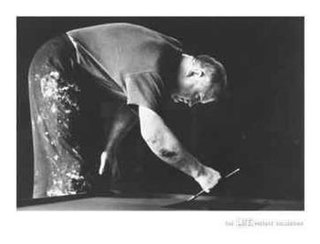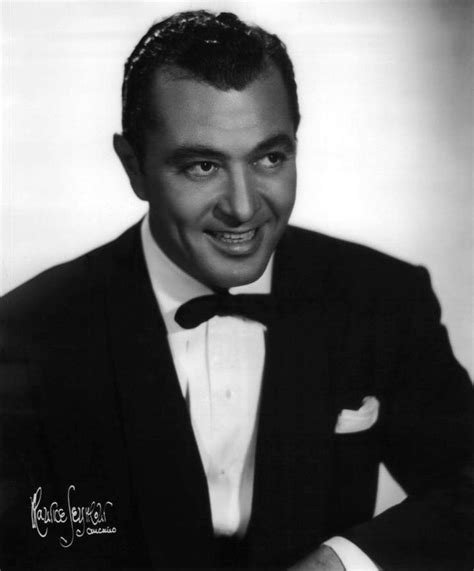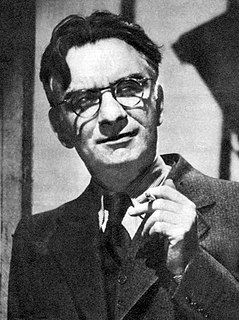A Quote by Jesse Jackson
We campaigned across the South . . . without a single catcall or boo. It was not until we got north to New York that we began to hear this from Koch, President Reagan, and then Mrs. Ferraro . . . . Some people are making hysteria while I'm making history.
Related Quotes
I was born in Seoul, South Korea; then I moved to New York City at the age of seventeen. In New York, I studied art and photography. I thought I would be a painter; then I saw Walker Evans when I was in college, and that had a great impact on me. Being in the darkroom making B&W prints was such a magical experience.
In contrast, Western historians, and those in South Korea, say the North attacked the South on June 25, 1950. Both sides agree that after the war began, the North Korean Army captured Seoul in three days and pushed as far south as Pusan before American troops arrived to drive back the North Koreans nearly as far north as the border to China.
At the beginning of the 20th century, before the migration began, 90 percent of all African-Americans were living in the South. By the end of the Great Migration, nearly half of them were living outside the South in the great cities of the North and West. So when this migration began, you had a really small number of people who were living in the North and they were surviving as porters or domestics or preachers - some had risen to levels of professional jobs - but they were, in some ways, protected because they were so small.
I actually like south Florida. I never lived in a more interesting place than this. I've never met a wider range of people. I guess when I came here I thought there were Cubans and then there were people from New York and that was Miami. Now I know that it's Cubans, people from New York, and some people from New Jersey.
Back in 1980, the conservative movement was all-in for Ronald Reagan. Once Reagan won, they all wanted to be on the team. It was a landslide. Everybody wants to bask in that glow. And then as the Reagan years began, then the Republicans, certain members of the party began to individually fall out and start talking about problems they had, secretly telling the media they thought Reagan was a dunce and a danger to world peace, adopting the Democrat line that Reagan's finger on the nuclear button couldn't be trusted.
Not only are we going to New Hampshire ... we're going to South Carolina and Oklahoma and Arizona and North Dakota and New Mexico, and we're going to California and Texas and New York! And we're going to South Dakota and Oregon and Washington and Michigan. And then we're going to Washington, D.C. to take back the White House, Yeeeeeaaaaaargh!
I remember reading about police arresting this filmmaker making this freaky movie and his name was John Waters. And I was like, wow, someone in Baltimore is doing something creative? I didn't know there were people running off and making eight-millimeter movies. Then I got to New York and realized, oh, there's a whole world of people who do these things. I was utterly bored being in the suburbs, but I didn't know why I was bored.
The president of the United States of North America, George W. Bush, the little gentleman of the North, the political cadaver that is visiting South America, that little gentleman is the president of all the history of the United States, and in the history of the United States, he has the lowest level of approval in his own country.
There are musicians who want to make a living making music. There are listeners who want to listen to music. Complicating this relationship is a whole bunch of history: some of the music I want to listen to was made a while ago in a different economy. Some of the models of making a living making music are no longer valid but persist.
Here in Europe some of the challenges have to do with structures that are so complicated. You've got Brussels, and you've got parliament, you've got councils and then you've got national governments. So people sometimes don't feel as if they know who's making decisions, and the more that we can bring people in and engage them, the better. Some of it is also cultural and social, people's sense of identity.





































